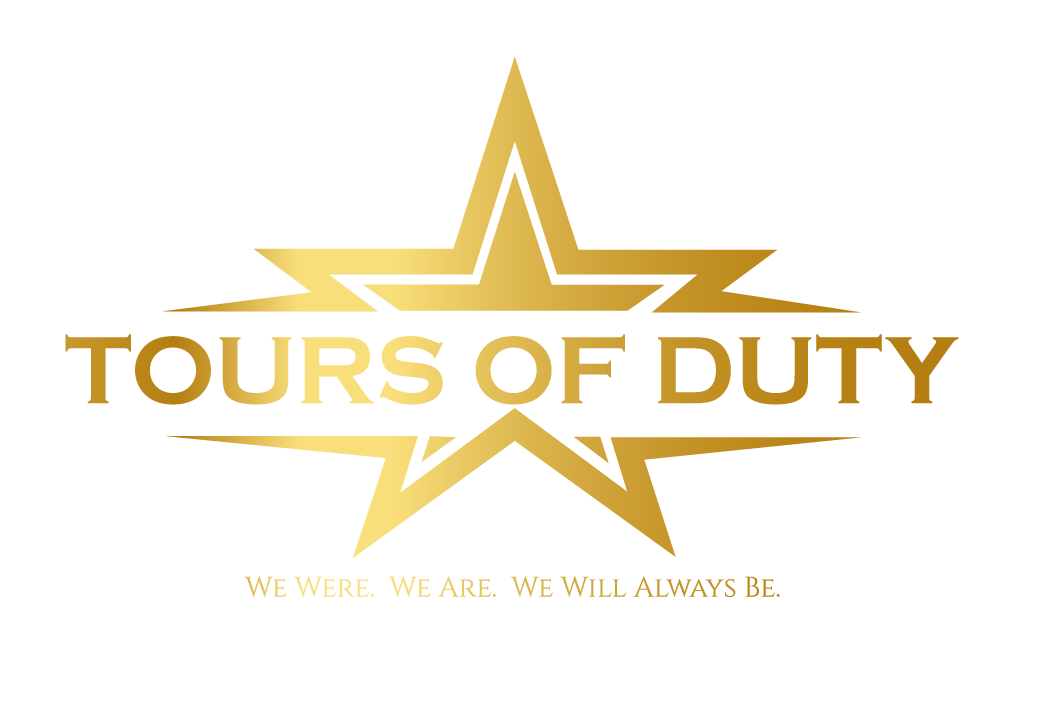Introduction
The recovery of Prisoners of War (POW) and Missing in Action (MIA) is a deeply significant mission that seeks to bring closure to families and honor the sacrifices of our brave service members. In the case of Vietnam, a nation marked by a complex history, the efforts to recover POW/MIA face unique challenges. In this blog post, we will explore the distinctive obstacles involved in recovering POW/MIA in Vietnam and shed light on the ongoing endeavors to bring these heroes back home.
- Vast and Rugged Terrain: Vietnam’s diverse topography, including dense jungles, mountainous regions, and labyrinthine cave systems, presents formidable challenges to recovery efforts. These vast and rugged terrains make it arduous to locate potential burial sites, conduct thorough searches, and recover remains of missing service members.
- Environmental Factors: Decades of exposure to tropical weather conditions, including high humidity, intense rainfall, and extreme heat, have taken a toll on the environment and potential burial sites. These factors contribute to the degradation of remains, the erosion of burial sites, and the limited preservation of evidence, making recovery and identification more challenging.
- Land Use Changes and Urban Development: Vietnam has witnessed rapid economic growth and urbanization in recent years. This transformation has resulted in significant changes to the landscape, including the destruction of former battlefields and the conversion of rural areas into urban spaces. Such alterations make it difficult to locate original sites and access information that may aid recovery efforts.
- Limited Access to Information: During times of conflict, accurate documentation and records may be scarce or lost due to the chaos and destruction of war. The lack of reliable information on POW/MIA cases, including specific locations and burial details, hampers recovery efforts and prolongs the anguish of families seeking closure.
- Political and Cultural Sensitivities: The sensitive nature of POW/MIA recovery in Vietnam involves delicate diplomatic engagements and cultural sensitivities. Balancing the recovery mission with the country’s healing process, respecting local customs and beliefs, and navigating political complexities pose significant challenges for successful collaboration and access to critical information.
- Collaboration and Resources: The scale of the recovery mission in Vietnam requires close collaboration between the United States and the Vietnamese government, as well as the involvement of international organizations. Coordinating efforts, securing resources, and overcoming logistical hurdles are ongoing challenges that demand sustained commitment and diplomatic efforts.
Conclusion
The recovery of POW/MIA in Vietnam presents unique challenges stemming from the country’s diverse terrain, environmental factors, limited information access, and political sensitivities.
Despite these obstacles, Tours of Duty is dedicated to persevere in our relentless pursuit to locate and bring these heroes home. Our unwavering dedication, diplomatic collaboration, and use of advanced technologies offer hope for the families and loved ones seeking closure.
By raising funds, supporting recovery initiatives, and promoting international cooperation, we can contribute to the ongoing mission of honoring the sacrifices of our missing service members.
Together, let us strive for a future where every POW/MIA is accounted for, their memory honored, and their families granted solace.




